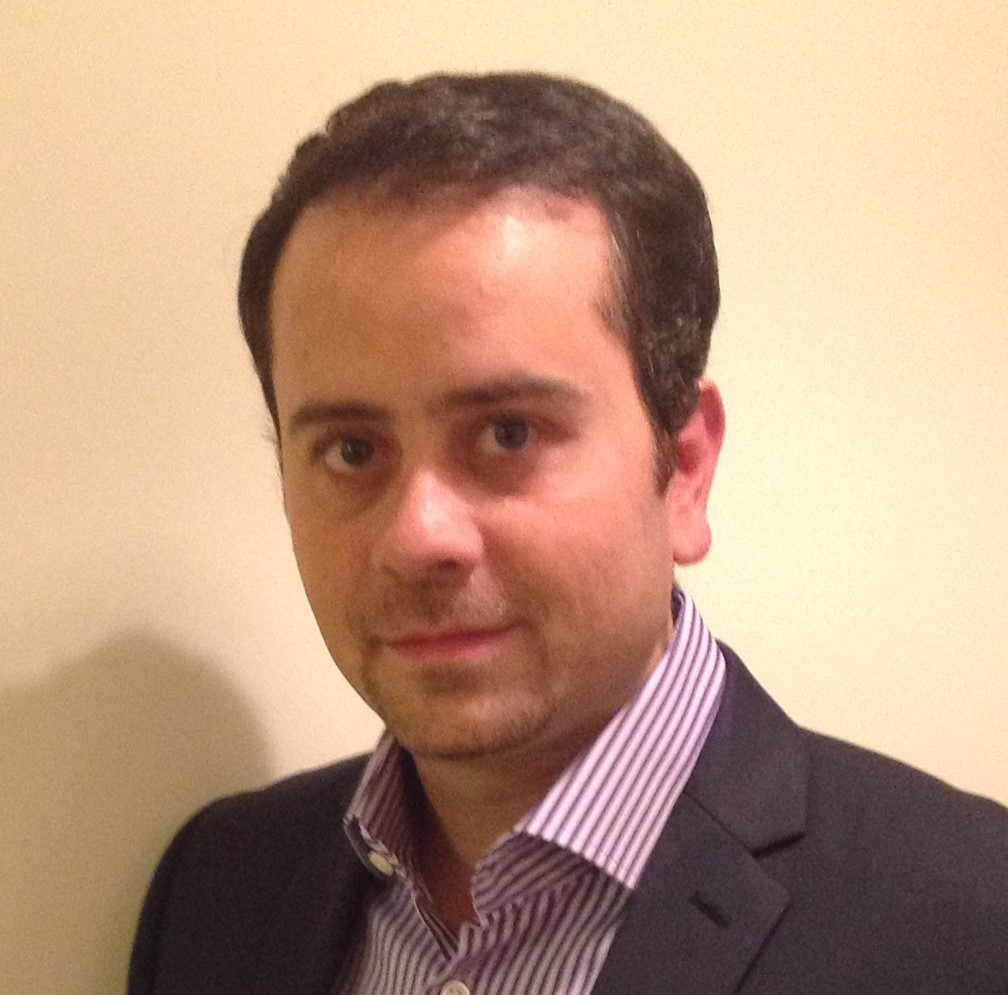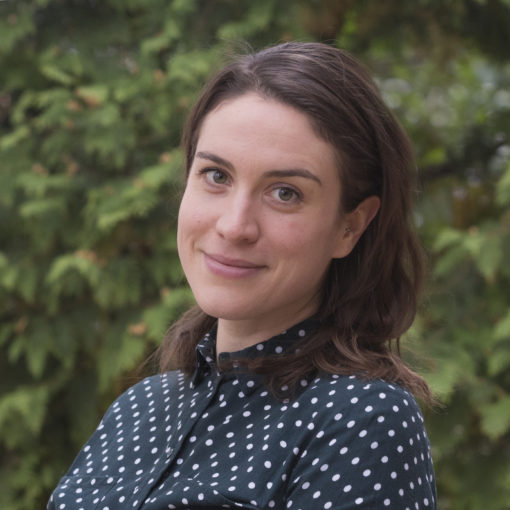PhD Ecology and Evolution, University of Leeds
| Senior Editor | |
|---|---|
| Nature Ecology and Evolution | |
Job highlight: Being among the first to see results at the forefront of research, and having a hand in shaping them into the final piece that enters the scientific literature.
Postgraduate take-away: Reading broadly—not only in the scientific literature, but also ‘pop science’—has been enormously useful as an editor getting to grips with the broader significance of new research, and how it can be most effectively communicated.
What’s your background?
I studied Zoology at Cardiff University as an undergraduate, which included a fascinating year working on a research project at the NERC Centre for Population Biology. Following a year at the University of Manchester, I then completed a PhD on host-parasite-pathogen ecology at the University of Leeds before spending the next four years as an editor for various journals at the open access publisher BioMed Central. In 2014 I joined Nature Communications as their ecology editor, and in early 2016 moved to the launch team for one of Nature’s newest research journals, Nature Ecology and Evolution.
Why did you move away from academia?
A number of threads converged on this decision. I briefly toyed with the idea of doing a postdoc, but eventually came to the conclusion that my interests were broader than a more narrowly-focused project would allow. Although my passion for ecology as a science remained intact after my PhD, it was also my general impression that in the long-term, a career in academia probably wasn’t for me, and it would be a more positive move if I were to seek out new opportunities outside of academia. My partner was also finishing her PhD at the same time at a different university, so we made the collective decision that we would try to find somewhere to stay put for a while, where we might actually be able to spend some weekdays together! Perhaps inevitably, we ended up in London, and I was fortunate enough to find a job that matched my academic background, and interests in science communication.
How did you prepare for the work involved in your job?
I’ve always read broadly around my subject, and that has really helped in assessing manuscripts that fall outside of my immediate research background. Aside from this, much of the training on peer-review, time management, publication ethics and so on, are all provided in-house by the publishers, so there wasn’t a huge amount of preparation needed beforehand. Prior to my interviews for each position, I would always make sure I knew as much about the role and the employer as I could find, and have a clear idea in my mind about what positive things I could usefully add to the job. One piece of advice I would pass on is to definitely make sure you check on the job’s dress code before you start your first day! Overdressing probably isn’t as bad as underdressing, but as I’ve found out, turning up to work in a suit when everyone else is in trainers isn’t a great look either…
Can you describe a typical week in your job?
It involves a lot of reading! Each editor on our team will typically read around a dozen new manuscripts a week, and make a case to the rest of the team for why they think it should, or should not, be sent out for external review. This discussion is all done through an online portal, and the same process applies to manuscripts once they’ve returned from the review process. Assessing whether any manuscript should be accepted, rejected, or sent back for further revisions, involves weighing up each referee’s detailed comments, whether they are based on technical concerns or their own opinions, the expertise of each referee, and your own judgement of the study. Needless to say, this can often be a complex process, so it’s incredibly useful to have other experienced editors weigh in on the discussion. We also spend a lot of time ensuring that those manuscripts that eventually make it to publication adhere to the journals’ policies, are clearly and concisely written and presented, and receive a signal boost from our press team or social media accounts once they make it online. As well as this, we spend time discussing opinion and comment articles that we plan to commission, as well as any ongoing projects or meetings that we’ve recently attended. It’s both an intellectually and organisationally challenging role, but also a hugely stimulating one.
What’s the workplace culture like?
Similar to academia in many ways, but with the bonus of working regular hours and still leaving the office guilt-free at the end of the day! The workplace culture clearly reflects the fact that the job is still so closely aligned with academia, with most day-to-day tasks involving communicating with academics from across the world. It’s a relaxed and friendly office in which you can regularly rub shoulders with editors from across the natural and physical sciences. Each month, editors from across all the journals get together in small discussion groups (we call them ‘communities’), which is a really nice way of promoting an interdisciplinary and sociable atmosphere across the many different journals published in the Nature family.
Which transferable skills are most important to your job?
I’m very lucky to have a job that’s so directly related to my research background in ecology, since assessing the scientific quality and significance of each manuscript is really the essential part of this role. However, the skills you learn in research around project and time management, as well as collaboration and networking, are equally important. Aside from this, a general understanding of the workings of academia is certainly very useful, especially as we work so closely with academic authors and referees.
What’s the best part of your job?
There’s a lot of scope for influencing the direction of the journal according to your own interests, which is great. We publish Reviews and Perspectives, as well as opinion and comment pieces, meaning that you can solicit viewpoints on the topics that you feel are most urgent. For example, one of the first Reviews I commissioned was on microplastics in the ocean, and another of my favourites was a Q&A with an inspirational young ornithologist and environmental activist called Mya-Rose Craig. We also commissioned a fantastic cover image from a talented natural history illustrator, Rosemary Moscoe, for our one-year anniversary. Editors get to travel to a number of conferences each year, which is a great chance to hear about research from dedicated scientists working at the coal face.
Do you have any advice for current graduate students and postdocs considering a career outside of academia?
My main piece of advice would simply be to get that first job, and not worry too much about whether it’s your dream job or not. I don’t think any editor at Nature ever set out for a career in editing when they started their PhD, but most will tell you how happy they are that this is the where they’ve ended up. My first job as an editor was a short-term, low-paid internship, but there are a lot of opportunities for promotion if you are able to get just a little bit of experience to start you off. A lot of people probably don’t realize that many jobs will go to internal candidates, so simply getting a foot in the door is a huge advantage. And of course, you don’t have to stay if you don’t like it – I’ve known a number of people who went back into academia after a short spell in publishing. It can often feel disheartening for PhDs to start on a low career rung after graduating, but it’s worth remembering that unless a job specifically requires a PhD, having one won’t necessarily give you any advantages in securing that first job – however, once you’re there, the variety of skills and independence you’ve learned will most likely mean you’ll rise much faster.
![]() Springer Nature is a large and diverse company. There are many opportunities to expand your knowledge and to learn new skills. We can offer flexible working arrangements for fully trained editors and we have opportunities across the globe. Visit our editorial and publishing careers website for more information on our editorial and publishing roles: www.springernature.com/editorial-and-publishing-jobs. Information on all of our roles can be found here https://group.springernature.com/it/group/careers.
Springer Nature is a large and diverse company. There are many opportunities to expand your knowledge and to learn new skills. We can offer flexible working arrangements for fully trained editors and we have opportunities across the globe. Visit our editorial and publishing careers website for more information on our editorial and publishing roles: www.springernature.com/editorial-and-publishing-jobs. Information on all of our roles can be found here https://group.springernature.com/it/group/careers.
About Springer Nature
We are a global publisher dedicated to providing the best possible service to the whole research community. We help authors to share their discoveries; enable researchers to find, access and understand the work of others and support librarians and institutions with innovations in technology and data.
We use our position and our influence to champion the issues that matter to the research community – standing up for science; taking a leading role in open research and being powerful advocates for the highest quality and ethical standards in research.





